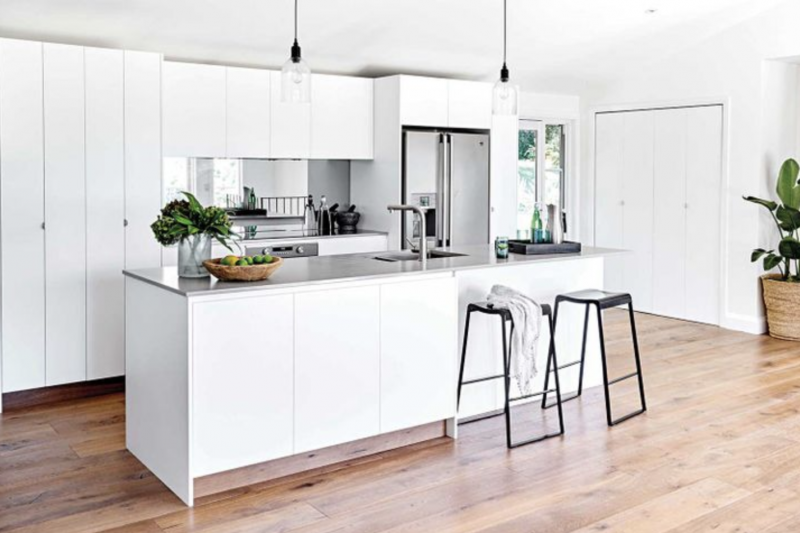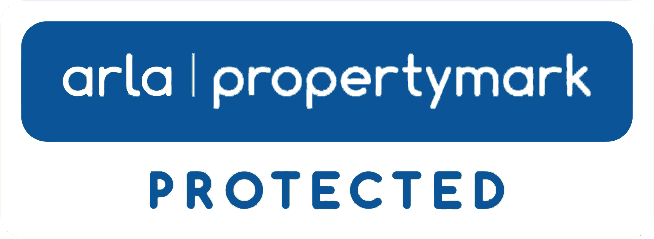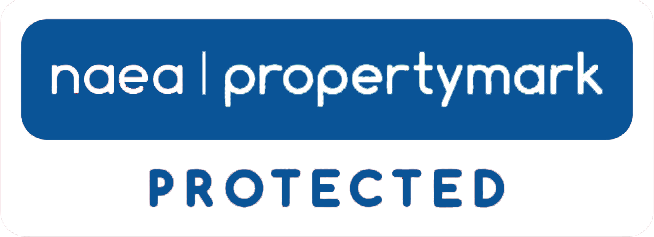
One of the common housing trends that emerged during the pandemic was the "race for space," where many homeowners in the UK re-evaluated their housing requirements in response to the lockdown conditions. Many of them chose to move to larger properties with increased access to outdoor spaces.
Since the end of the pandemic, some of these trends have been left behind. Nevertheless, according to Andrew Harvey, a Senior Economist at Nationwide, the concept of the "race for space" remains crucial even if you choose to enhance your existing property.
Andrew Harvey, Senior Economist at Nationwide, elaborates, " Location remains key to house values, but other factors, such as the size of the property (including number of bedrooms), are also important to homebuyers. Home improvements that increase floor area, such as an extension or loft conversion, remain a compelling way to add value. Indeed, since we last looked at this back in 2016, the value added by such improvements appears to have increased. Ultimately of course, the decision to invest in the home is an individual one, taking into account the costs and hassle involved, as well as potential benefits. And, for some households, it’s a choice between moving or improving. Amongst owner-occupiers considering moving, the most cited reason was for a larger house or flat"
The Value of Additional Space:
Having more usable space is generally associated with higher-quality accommodations, and people seem willing to pay for it. A 10% increase in floor space, all else being equal, contributes to a 5% increase in the price of a typical house.
Expanding space to create an extra double bedroom can boost the value of an existing two-bedroom house by approximately 14%. A second bathroom remains a popular addition, with research indicating that an additional bathroom can enhance the value of an average house by 6%.
For homeowners who invest in loft conversions or extensions that include a spacious double bedroom and bathroom, the potential increase in value for a three-bedroom, one-bathroom house can be as much as 25%. This represents an increase from the 22% figure from our 2016 research.
In conclusion, adding an extra bedroom can be an effective method to increase a property's value.
Luxury or Necessity?
Before contacting a local builder, homeowners may question whether they genuinely need more space. Data from the English Housing Survey indicates that 87% of owner-occupied properties have at least one spare bedroom, with over half (53%) being classified as 'under-occupied,' meaning they have two or more spare bedrooms.
However, the surge in remote working means that many spare bedrooms are now being used as home offices or studies. Additionally, many homeowners purchase properties with the intention of accommodating their growing families over time, people tend to remain in their properties even after their children have left the nest.
Energy Efficiency:
In addition to expanding space, there are other ways to enhance your home's appeal, such as improving its energy efficiency. Given the pressure of rising living costs, energy expenses remain a concern for households.
The government's goal is to upgrade as many homes as possible to an energy efficiency rating of 'C' by 2035, wherever practical, cost-effective, and affordable. It also aims to achieve the same standard for all fuel-poor households and as many rented homes as possible by 2030.
Over the past decade, energy efficiency has seen significant improvements, thanks to higher energy ratings for newly constructed properties and upgrades to many existing homes, such as loft and cavity wall insulation. The most recent data from 2021 indicates that 47% of the housing stock now has a 'C' rating or higher, a notable increase from the 16% figure in 2011.
Source: Property Reporter








